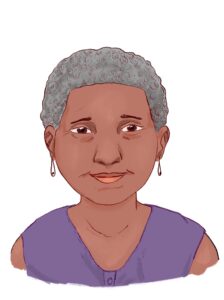In dieser Lektion
Lesen
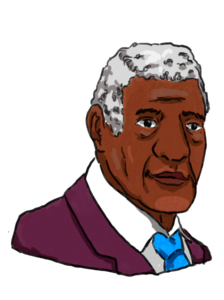 Haroon: Als ich Kind war, habe ich Urdu als Muttersprache gelernt, dann Arabisch. Später in der Schule habe ich Englisch gelernt. Deutsch habe ich gelernt, als ich nach Österreich gekommen bin. Ich habe drei Intensivkurse für Deutsch als Fremdsprache an der Uni Wien gemacht.
Haroon: Als ich Kind war, habe ich Urdu als Muttersprache gelernt, dann Arabisch. Später in der Schule habe ich Englisch gelernt. Deutsch habe ich gelernt, als ich nach Österreich gekommen bin. Ich habe drei Intensivkurse für Deutsch als Fremdsprache an der Uni Wien gemacht.
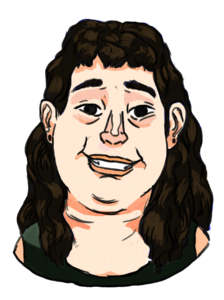
Susanne: Ich habe Englisch und Spanisch in der Schule gelernt. Später habe ich eine Woche in Guatemala als Freiwillige gearbeitet. Dort wohnte ich bei einer Gastfamilie und wir haben gemeinsam nur Spanisch gesprochen. Nächstes Jahr möchte ich eine Sprachreise nach Peru machen, um noch mehr zu lernen.
Joan: Englisch ist meine Muttersprache. Als ich Musik studierte, habe ich zuerst Deutsch und dann Italienisch gelernt. Ich war für einen Monat in Leipzig und habe am Goethe Institut eine Sprachkurs belegt.
Anastasia: Meine Muttersprache ist Deutsch und ich habe Englisch in der Schule gelernt. 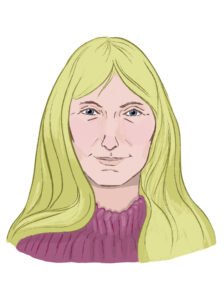 Ich habe viele Verwandte, die in Ungarn leben. Meine Mutter spricht fließend Ungarisch, aber ich kann nur sehr wenig sprechen. Wenn ich bei meiner Familie in Budapest zu Besuch bin, verstehe ich etwas, was ich höre, aber ich kann nichts lesen. Meine Verwandten müssen mir dann immer helfen. Vielleicht mache ich eines Tages einen Sprachkurs, aber im Moment habe ich nicht genug Zeit dafür.
Ich habe viele Verwandte, die in Ungarn leben. Meine Mutter spricht fließend Ungarisch, aber ich kann nur sehr wenig sprechen. Wenn ich bei meiner Familie in Budapest zu Besuch bin, verstehe ich etwas, was ich höre, aber ich kann nichts lesen. Meine Verwandten müssen mir dann immer helfen. Vielleicht mache ich eines Tages einen Sprachkurs, aber im Moment habe ich nicht genug Zeit dafür.
Arbeit mit dem Lesen
Wortschatz
Sprechen
Führen Sie ein kurzes Gespräch zu zweit.
- Welche Sprachen sprichst du? Wie/Wo hast du diese Sprache(n) gelernt? (in einer Sprachschule, im Ausland, zu Hause, in der Schule, an der Uni)
- Wenn du in ein fremdsprachiges Land reist, versuchst du etwas von der Sprache zu lernen? Welche Phrasen sind nützlich, wenn man reist?
- Hast du schon mal eine Sprachreise gemacht? Wenn ja, wohin?
Hören
Erikas Sprachreisen
Arbeit mit dem Hören
Strukturen
Attributive Adjektive
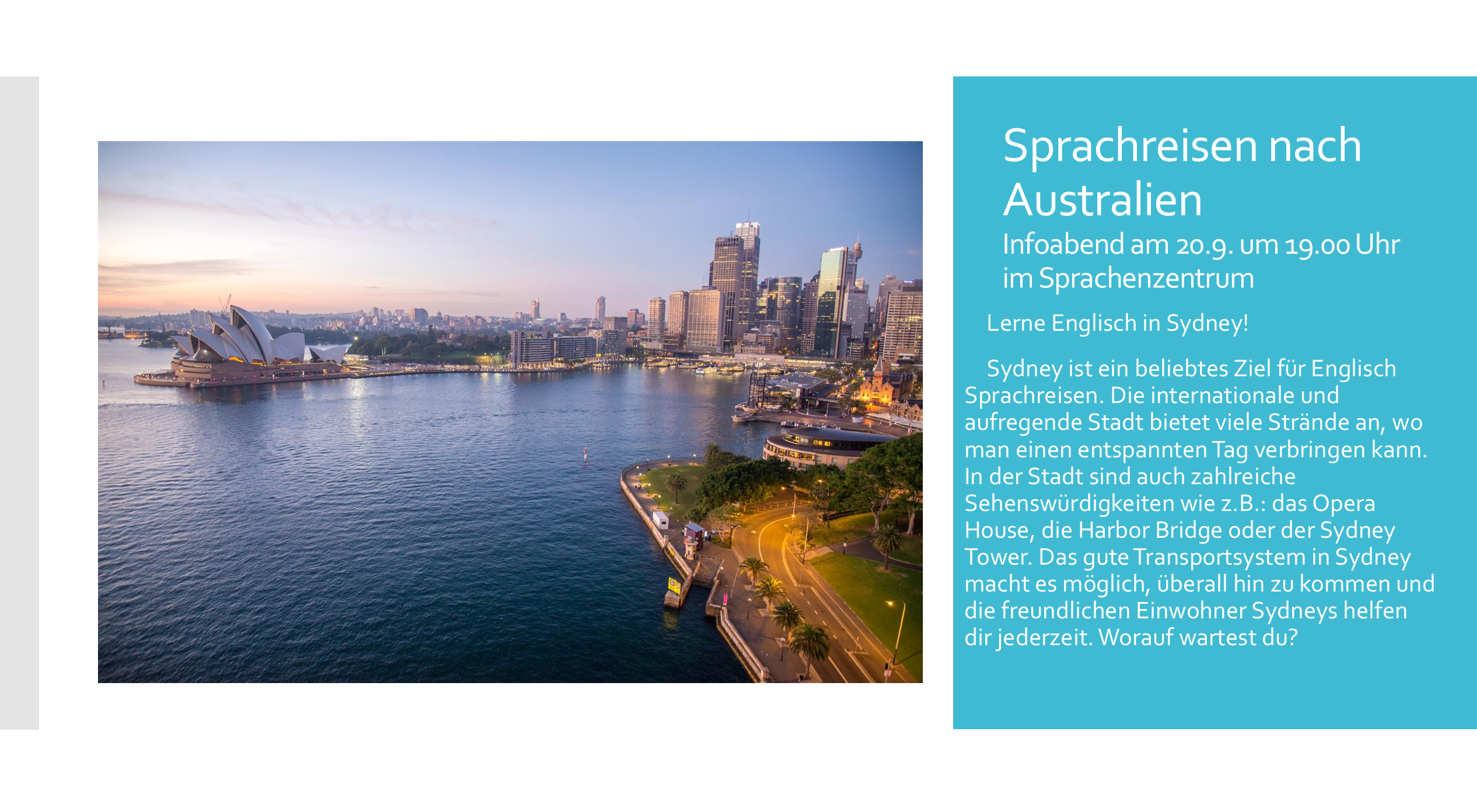
Read through the advertisement above and the complete the following activity.
Until now, all of the adjectives you have learned have been predicate adjectives, meaning they follow verbs like sein and werden. These adjectives do not take endings.
Example: Die Stadt ist international und aufregend.
In this lesson, you are going to learn about attributive adjectives (attributive Adjektive). These adjectives precede the nouns they are modifying; in German, these type of adjectives require endings that are determined by the type of article used, and they correspond to case and noun class.
Example: Die internationale und aufregende Stadt bietet viele Strände an.
For right now, we are going to focus on the nominative case; in the following lessons, you will learn about accusative and dative endings. German places a lot of emphasis on noun class (die, das, der); see if you can tell how this plays out with the adjective endings in the nominative cases below. Do you see any patterns?
| unbestimmte Artikel | bestimmte Artikel | ohne Artikel | |
|---|---|---|---|
| pl | -en meine besten Erinnerungen | -en die besten Erinnerungen | -e beste Erinnerungen |
| die | -e eine neue Sprache | -e die neue Sprache | -e neue Sprache |
| das | -es ein fremdes Land | -e das fremde Land | -es fremdes Land |
| der | -er ein guter Freund | -e der gute Freund | -er guter Freund |
While this might seem a bit confusing at first, here are some rules that can help you make sense of the endings in the nominative case:
- If a noun is plural and has an article, the adjective ending will always be -en. (This is true for all cases! Easy!)
- If a noun is singular and is preceded by a definite article (bestimmte Artikel: der, die, das), the article provides enough information regarding noun class that the ending is simply -e. (See second column in the table).
- If a noun is singular and preceded by an indefinite article (unbestimmte Artikel: ein, eine), then the adjective ending needs to provide more information on noun class.
